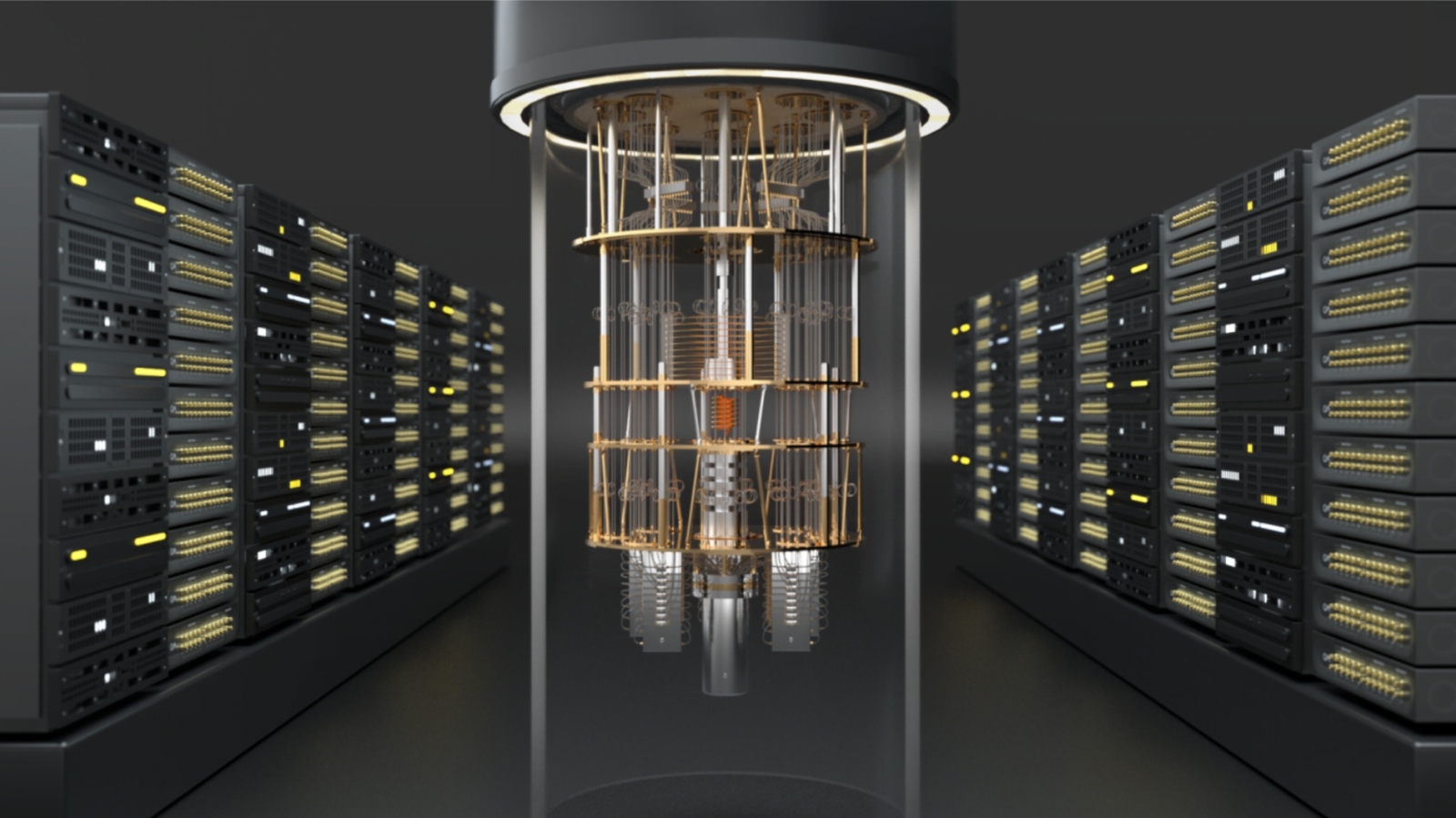Quantum computing is an exciting field that has the potential to change the way we solve problems and process information. While it is still in the early stages of development, it has already shown promise in a number of areas and is attracting increasing attention from researchers and businesses around the world.
So, what exactly is quantum computing and how does it differ from classical computing?
At its most basic, computing involves processing and storing information using bits, which are units of information that can be either 0 or 1. In classical computers, these bits are represented by electrical or optical signals and are used to perform calculations and store data. However, the laws of classical physics place limits on the speed at which these calculations can be performed and the amount of information that can be stored.
Quantum computers, on the other hand, use quantum bits, or qubits, to process and store information. Qubits are units of information that can represent both 0 and 1 simultaneously, thanks to a property called superposition. This means that a single qubit can perform many calculations at once, potentially enabling quantum computers to solve certain problems much faster than classical computers.
In addition to superposition, quantum computers also make use of another quantum mechanical phenomenon called entanglement. This refers to the ability of two or more qubits to be linked together in such a way that the state of one qubit can affect the state of the other, even when they are separated by large distances. This allows quantum computers to perform certain operations much more efficiently than classical computers, which rely on the transfer of information between different parts of the computer.
While quantum computers are still in the early stages of development, they have the potential to revolutionize a wide range of fields, including chemistry, materials science, and machine learning. They could also have significant implications for industries such as finance and healthcare, as well as national security.
One of the main challenges in developing quantum computers is building and maintaining the complex systems required to create and control qubits. These systems must be isolated from external interference and operate at extremely low temperatures in order to maintain the delicate quantum states of the qubits. However, researchers and companies around the world are working on ways to overcome these challenges and bring quantum computers closer to practical use.
In conclusion, quantum computing is a field with enormous potential to change the way we solve problems and process information. While it is still in the early stages of development, it holds promise for a wide range of applications and has the potential to revolutionize many different fields.
